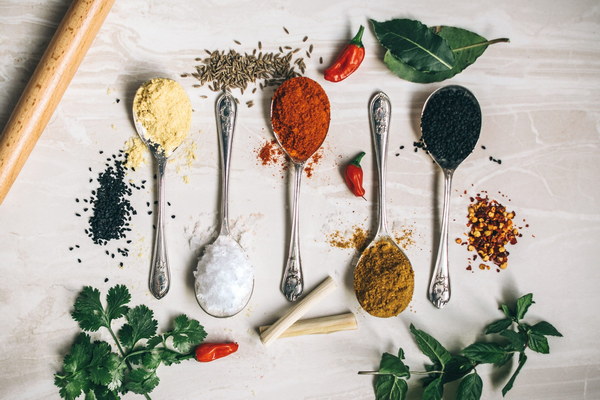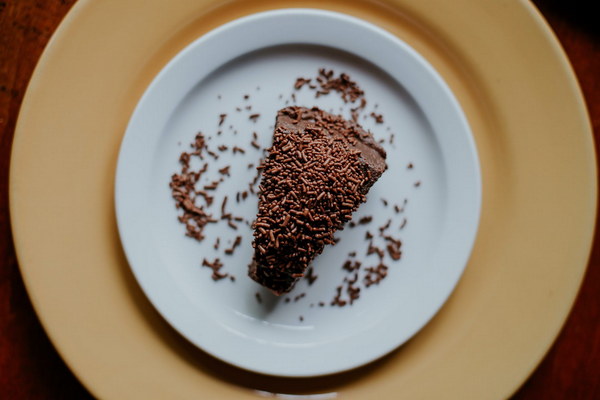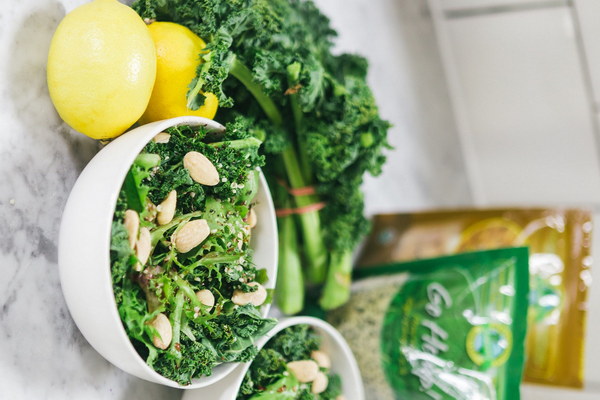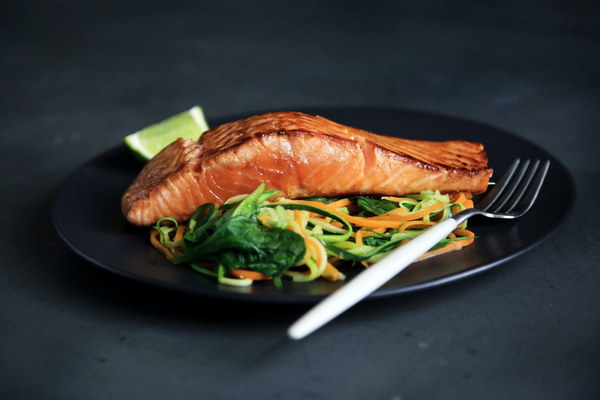Nourishing Yin Deficiency A Comprehensive Guide to Enhancing Your Health
Yin deficiency, a concept deeply rooted in Traditional Chinese Medicine (TCM), refers to a condition where there is an imbalance of yin energy within the body. This imbalance can manifest in various ways, such as fatigue, low energy, hot flashes, night sweats, and irritability. If you're someone who identifies with a yin deficiency, it's crucial to understand how to nourish and replenish your body's yin energy. Here's a comprehensive guide to help you achieve balance and enhance your well-being.
1. Adopt a Balanced Diet

A well-rounded diet is essential for nourishing your yin energy. Incorporate the following foods into your daily meals:
- Fruits and vegetables: Opt for cooling and moistening foods like cucumbers, tomatoes, watermelons, and peaches.
- Grains: Quinoa, brown rice, and oats are excellent choices as they are rich in nutrients and help to nourish the body.
- Nuts and seeds: Almonds, walnuts, and sesame seeds are great for replenishing yin energy.
- Seafood: Fish, shellfish, and seaweed are cooling and can help to balance your yin.
- Herbs and spices: Ginger, licorice root, and cinnamon can help to warm the body and support yin balance.
2. Stay Hydrated
Proper hydration is vital for maintaining yin balance. Drink plenty of water throughout the day, and consider incorporating herbal teas like chrysanthemum, peony, or lotus seed tea, which are known for their cooling properties.
3. Practice Yoga and Meditation
Yoga and meditation are excellent ways to calm the mind and promote yin energy. Focus on poses that encourage relaxation and stress relief, such as child's pose, seated forward bend, and savasana. Additionally, meditation can help you connect with your inner yin energy, fostering a sense of balance and harmony.
4. Get Adequate Sleep
Adequate sleep is crucial for replenishing yin energy. Aim for 7-9 hours of quality sleep per night. Create a calming bedtime routine, such as taking a warm bath or reading a book, to help you unwind and prepare for rest.
5. Manage Stress
Stress can exacerbate yin deficiency, so it's essential to find effective stress management techniques. Consider activities like tai chi, qigong, or simply taking a few moments each day to breathe deeply and focus on your breath.
6. Acupuncture and Chinese Herbs
Acupuncture and Chinese herbs can be powerful tools for addressing yin deficiency. Consult with a licensed TCM practitioner who can provide a tailored treatment plan based on your specific needs.
7. Limit Exposure to Heat and Warmth
Avoid excessive exposure to heat and warmth, as this can further deplete your yin energy. Try to stay cool during the summer months, and avoid hot tubs, saunas, and overly warm rooms.
8. Exercise Moderately
Exercise is essential for maintaining a healthy body and mind, but it's crucial to find a balance that doesn't overtax your body. Focus on gentle, low-impact activities like walking, swimming, or tai chi to help replenish your yin energy.
By incorporating these practices into your daily life, you can effectively nourish and replenish your yin energy, leading to improved overall health and well-being. Remember, it's essential to listen to your body and adjust your approach as needed. With patience and dedication, you can achieve a state of balance and harmony within your yin.









